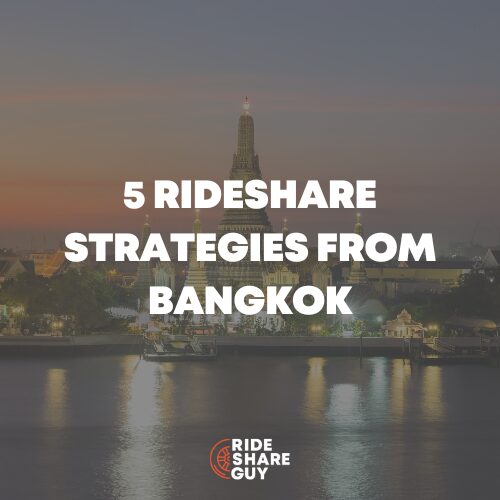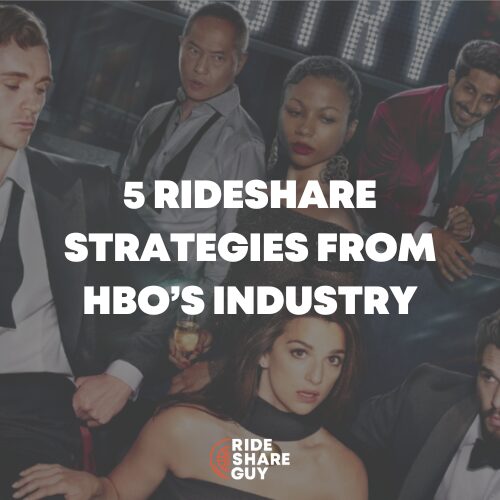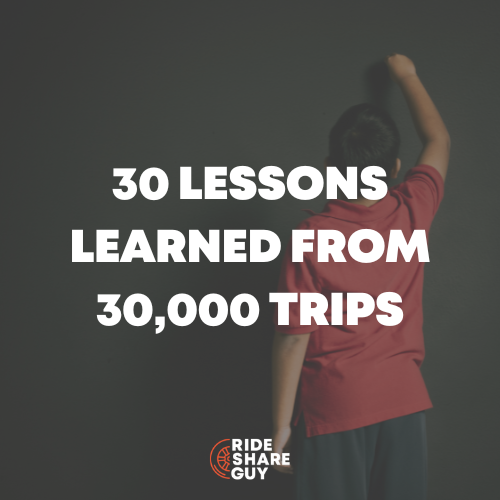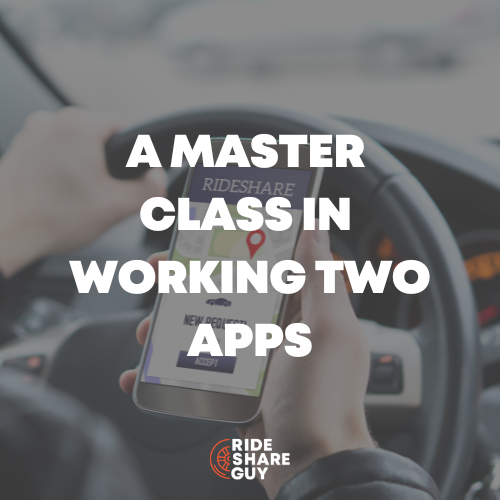This all started about a month ago with the last Uber app update. I have always used an Android phone to drive for Uber/Lyft. I like multi-apping, as you all should, since getting tied up to a single app is ancient history.
There is no job security with these apps; they can deactivate (FIRE) you due to a rider’s fraudulent claim! Multi-apping is a must these days if one would like to operate efficiently and optimize the time one spends in one’s car.
I actually have eight apps on my phone. As an Independent contractor, my time is for sale to the highest bidder.
In recent years, ride-sharing has revolutionized urban transportation, with companies like Uber leading the charge. Uber has provided many drivers with a flexible means of income, allowing them to set their own hours and earn money using their personal vehicles.
However, the relationship between Uber and its drivers has not always been smooth. This article delves into why I am personally boycotting Uber due to app override issues, and exploring the implications on our income, autonomy, and safety.
Understanding App Overrides
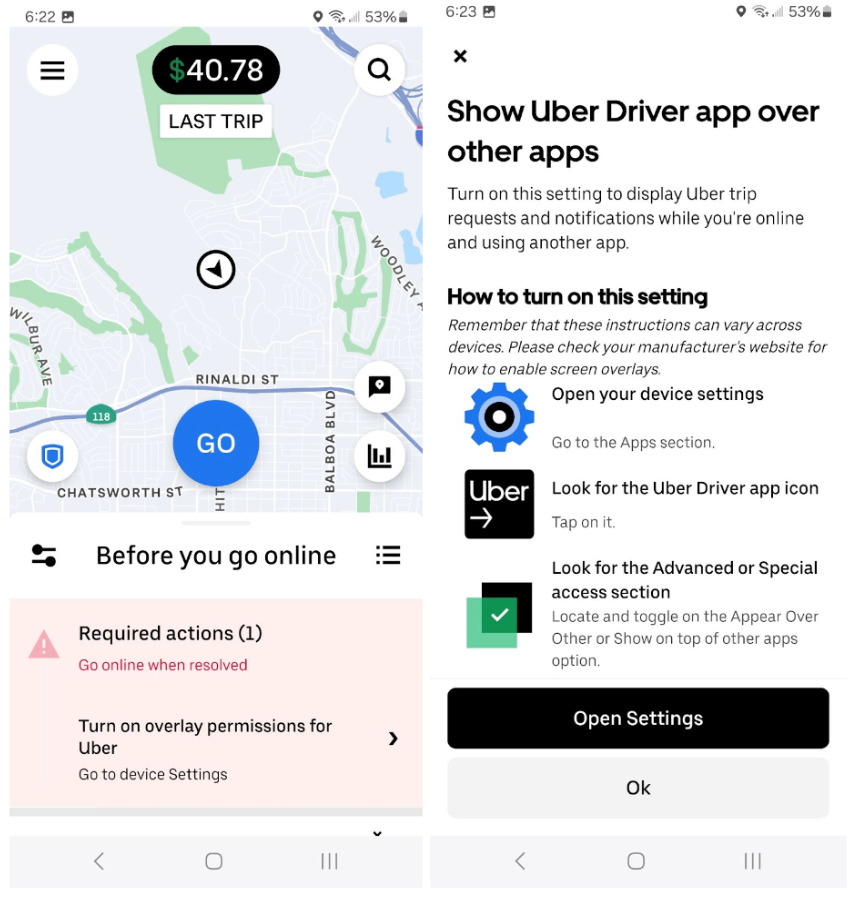
As rideshare drivers, we are all used to these warnings when we attempt to log on. I have seen hundreds of these over the past eight years. But this one is definitely where I need to put my foot down and scream, “Enough is enough!”
An app override occurs when the Uber app makes decisions that override the preferences or actions of all other apps in use, including but not limited to messaging, YouTube, and other gig apps such as Lyft, Doordash, etc.
These overrides are implemented through algorithms designed to optimize efficiency and customer satisfaction. However, for drivers, this means losing control over their working conditions and decisions that directly affect their income and safety.
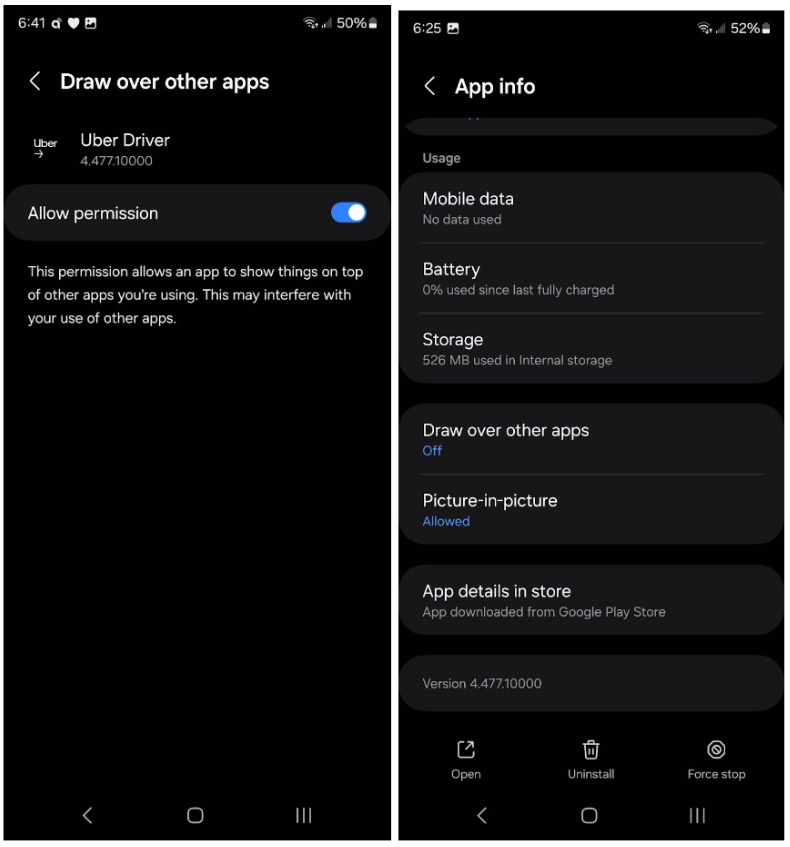
This is how I had my phone set up to receive offers prior to this update. Not only would Uber like to take total control over my phone, but they will not let me log on and earn a living unless I give them permission to override all other gig apps I work for.
It is anti-competitive and, more importantly, unsafe. Imagine I could be on a Lyft trip with the Uber app running in the background, and suddenly, my screen is covered ¾ of the way with an Uber offer.
Why? Why is Uber so special? Why do Uber rideshare and delivery offers take precedence over all other offers? I see what is happening here.
If Uber was so interested in taking over my preferences, then they should provide me with a phone and leave my private cell alone!
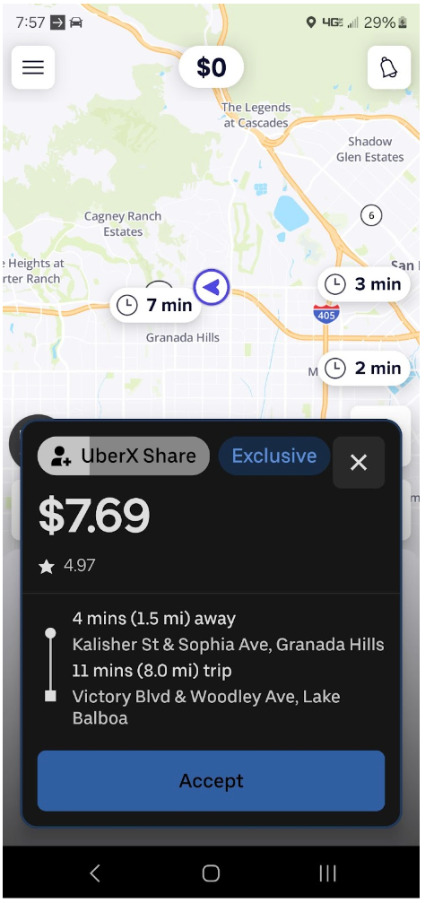
Financial Implications
One of the primary reasons I am boycotting Uber due to app overrides is the financial impact. Accepting offers from other apps is the way I optimize my profitability.
Moreover, dynamic pricing and fare adjustments are often manipulated by the app without driver input. Surge pricing, intended to balance supply and demand, can be overridden or adjusted, sometimes resulting in lower-than-expected earnings for drivers.
Drivers have reported instances where they were on the verge of completing a high-fare trip only to find that the fare was reduced by the app due to a change in demand patterns, leaving them with less money than anticipated.
Erosion of Autonomy
Driving for Uber was initially marketed as a flexible job where individuals could be their own bosses.
However, app overrides have significantly eroded this sense of autonomy. Drivers feel that their ability to make decisions about their work is being undermined by an algorithm that does not take their personal preferences or circumstances into account.
TNCs call us Independent Contractors. Is that so? Then why is the Uber app so intrusive? One of the main selling points of gig work is flexibility. Well, Uber, I am using that to the fullest extent by multi-apping. I don’t have to see all of Uber’s offers all the time.
Actually, the way my Android was set up, I saw all offers in a picture-in-picture window on the upper part of my phone.
Now that Uber has moved the Accept tab to the bottom of the ping screen if an offer pops up while I am texting, and since the keyboard is exactly where the Accept tab is, I will be accepting trips by mistake and then be forced to cancel it.
Who loses? I do, as well as the rider. My cancellation rate (CR) will go up, and the rider will wait longer for someone to pick them up.
Lack of Transparency & The Psychological Toll
The lack of transparency in how the Uber app’s algorithms function exacerbates driver frustration.
Drivers often have little to no insight into why certain overrides occur, making it difficult for them to understand or predict their working conditions.
This opacity fuels distrust between drivers and the company, as it appears that Uber prioritizes algorithmic efficiency over the well-being and preferences of its drivers.
The constant overrides and lack of control can also take a psychological toll on drivers. Many report feeling stressed and undervalued, as their professional judgment is continually overridden by an impersonal app.
This sense of being micromanaged by an algorithm can lead to burnout and dissatisfaction, prompting many to reconsider their involvement with Uber.
How I Voiced My Concern
As the host of SMTMC on the Rideshare Guy YouTube Channel, I have become an influencer of sorts. I am too old for that, but I noticed that the media and, more importantly, Uber started reading my X (Twitter) posts and watching the content we put out.

Conclusion
The issue of app overrides is a significant factor driving the growing discontent among Uber drivers. These overrides not only impact drivers’ earnings but also erode their autonomy and pose safety risks.
By understanding and addressing these concerns, Uber has the opportunity to rebuild trust with its drivers and create a more equitable and sustainable working environment. Until then, my personal boycott will continue!
Also, as a veteran, I figured out how to get around this overriding issue. One can go to the APK store and download an older version of the Uber app, or give Uber total control at first, then go to the Settings of the app and turn it off after Going Online. But in this case, one must repeat that process every time since Uber, in its wisdom, will not allow one to log on without the full override permission!
In a world increasingly dominated by algorithms and automation, the human element cannot be ignored. Drivers are the backbone of Uber’s business model, and their concerns must be addressed to ensure the long-term viability of the platform.
As drivers continue to push back against app overrides, the hope is that Uber, and other companies like it, will recognize the importance of balancing technological innovation with respect for worker autonomy and fairness.
Sergio@RSG
